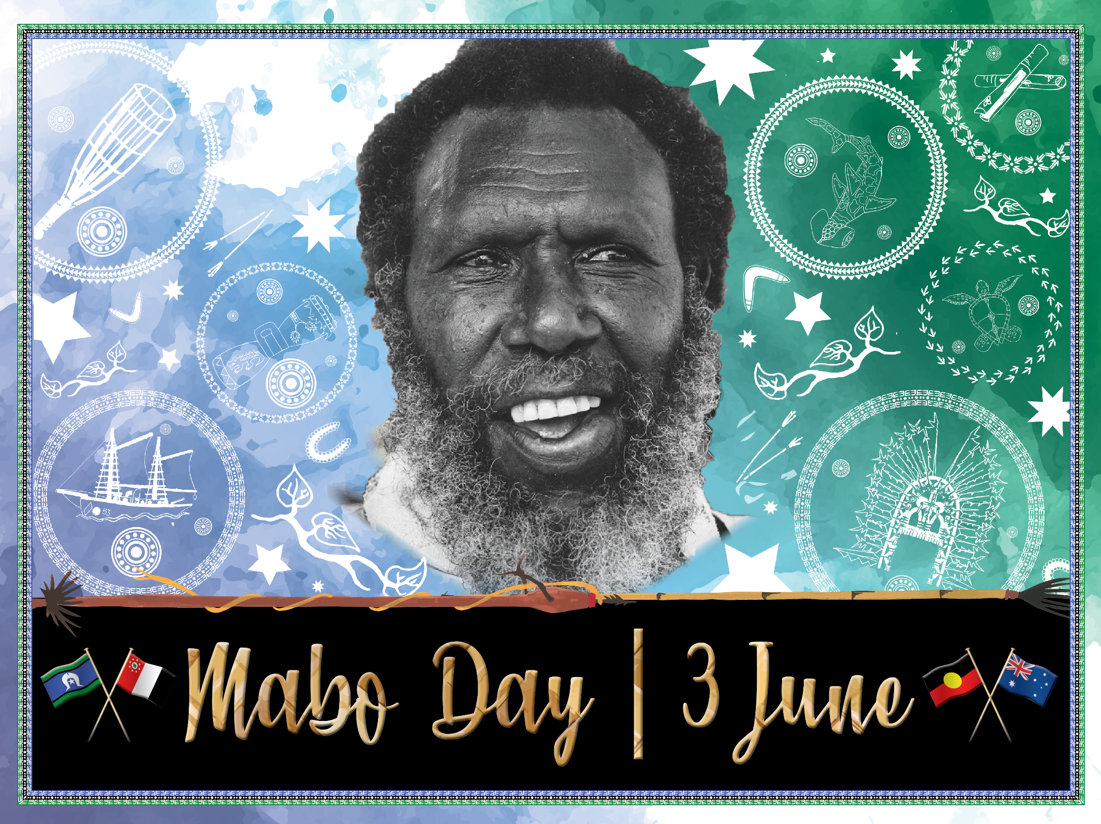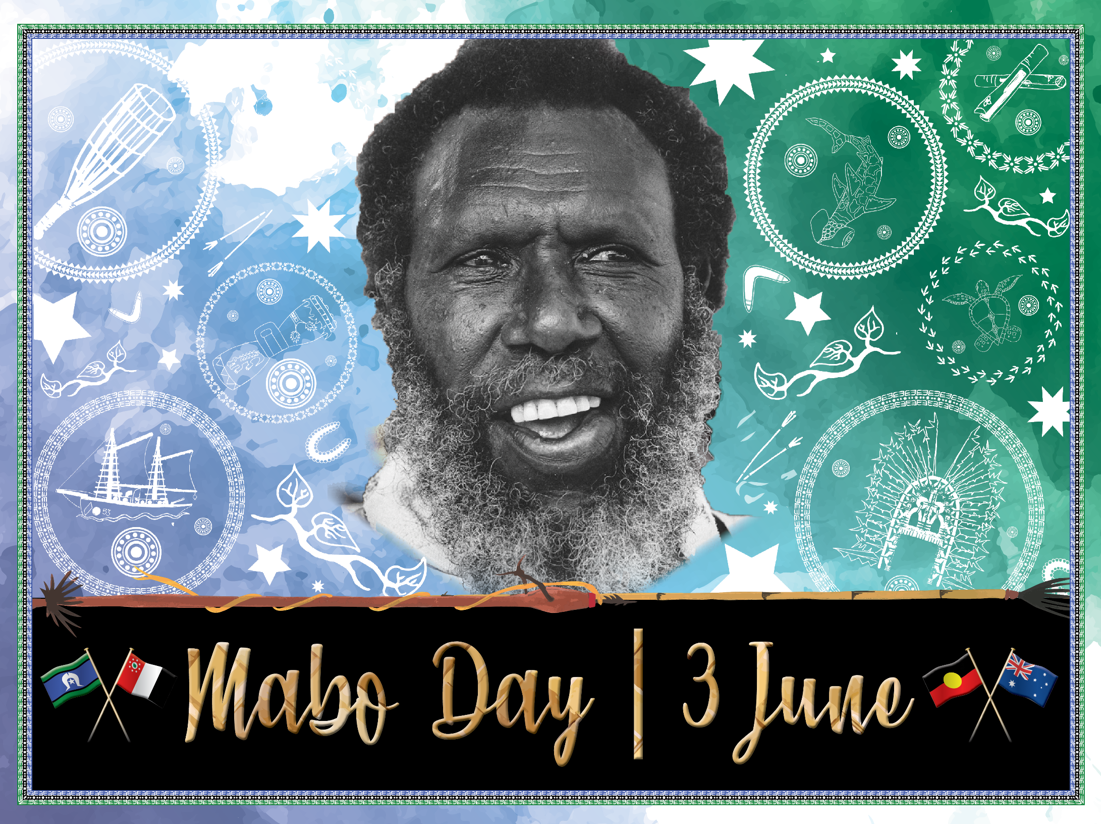
Mabo Day: Celebrating Eddie Koiki Mabo and the Landmark Decision
Every year on 3 June, Australians celebrate Mabo Day, commemorating the life and legacy of Eddie Koiki Mabo and marking the anniversary of the historic 1992 Mabo decision. This pivotal moment in Australian history not only recognised Indigenous custodianship over their traditional land but also overturned the colonial concept of terra nullius, which had been used to justify the British Crown’s claim on Australian land.
Who was Eddie Mabo?
Eddie ‘Koiki’ Mabo was a Torres Strait Islander man born in 1936 on Mer, also known as Murray Island, in the Torres Strait. Growing up, he witnessed the strict regulations imposed by the Queensland Government on his community, but he firmly believed that the land belonged to his people, who had lived there for thousands of years. In 1981, a speech he made at James Cook University about land ownership and inheritance on Mer caught the attention of a lawyer, setting in motion a decade-long legal battle against the Australian Government.
The Mabo Decision
The Mabo decision, formally known as Mabo v Queensland (No 2), was handed down by the Australian High Court on 3 June 1992. This landmark case challenged the doctrine of terra nullius, the notion that Australia was an empty land belonging to no one before European settlement. The High Court’s ruling recognised the Mer Islanders’ continuous connection to their land and established that Aboriginal and Torres Strait Islander peoples had rights to the land predating British colonisation.
Impact of the Mabo Decision
The High Court’s decision was a watershed moment, leading to the Australian Parliament passing the Native Title Act in 1993. This legislation formalised the process for Indigenous Australians to make native title claims, acknowledging their unique connection to the land. Native title recognises that some Aboriginal and Torres Strait Islander peoples have rights to certain land based on their traditional laws and customs.
Gail Mabo’s Reflection
Gail Mabo, Eddie’s daughter, vividly recalls the day of the High Court decision. She was in a car, breastfeeding her six-month-old son, who had been born the day before her father’s funeral. Hearing the news on the radio, she was overwhelmed with emotion, thinking of how her father would have been elated by the victory. She heard thunder and interpreted it as her father dancing in celebration. Gail emphasised her father’s legacy of determination and cultural strength, inspiring others to fight for their rights and believe in their heritage.
Significance of Native Title
Native title is essential because it addresses the initial dispossession and denial of land rights that marked the beginning of the relationship between Aboriginal and Torres Strait Islander peoples and Europeans. The Native Title Act 1993 sets the framework for recognising and recording native title interests, ensuring that these rights are respected in modern Australia. Today, native title has been recognised over more than two million square kilometres of land, with numerous Indigenous land use agreements in place to manage access and usage.
Mabo Day is a crucial day in Australia’s national calendar, honouring Eddie Koiki Mabo’s legacy and the profound impact of the Mabo decision. It serves as a reminder of the importance of recognising and respecting the traditional custodianship of Aboriginal and Torres Strait Islander peoples and their enduring connection to the land. As we commemorate this day, we celebrate the strength of culture, the power of belief, and the ongoing journey towards justice and reconciliation in Australia.
